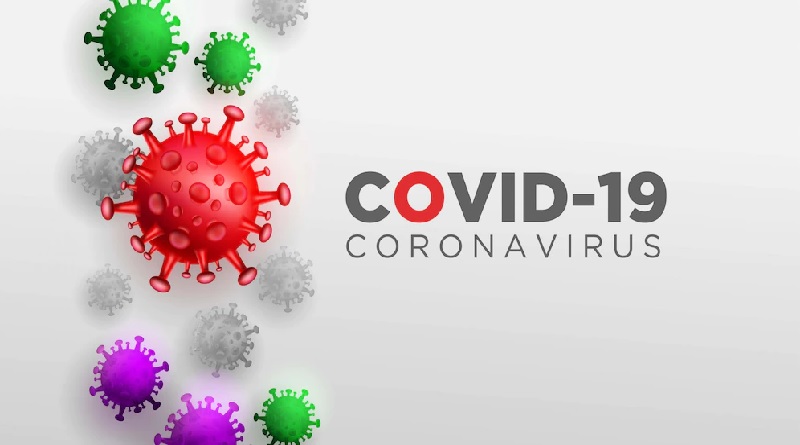COVID-19 rebound not due to weakened immune system :
Eight patients’ detailed analyses were published.
Results from a short investigation involving eight individuals indicate that COVID-19 rebound is probably not brought on by weakened immunological reactions. Clinical Infectious Diseases published the study on October 6 that was conducted by researchers from the National Institute of Allergy and Infectious Diseases (NIAID), a division of the National Institutes of Health (NIH). Nirmatrelvir/ritonavir (Paxlovid), an antiviral drug created by Pfizer, Inc., was the target of the study in order to describe the clinical course and immunologic and virologic aspects of COVID-19 rebound in patients.
The Centers for Disease Control and Prevention (CDC) define COVID-19 rebound as the return of COVID-19 symptoms and/or a new virus test that is positive after previously testing negative. The results do not support the notion that a five-day Paxlovid course is too brief for the body to establish a powerful resistance against SARS-CoV-2, the virus that causes COVID-19, the study’s authors claim.
Understanding how SARS-CoV-2 impacts white blood cells was the aim of the study. Adults engaged in the COVID-19 trial, which is still recruiting participants, at the NIH Clinical Center in Bethesda, Maryland, and other nearby hospitals were chosen as participants. Participants gave access to their COVID-19 medical information as well as blood and other sample as part of the study.
The study to assess COVID-19 rebound included six subjects (three men and three women with a median age of 42 years) who took Paxlovid within four days of the onset of the initial symptoms and then experienced recurring symptoms. Recurring symptoms were encountered by two participants (a 54-year-old man and a 35-year-old woman), but neither took Paxlovid. Six individuals with COVID-19 who did not have symptom rebound made up the control group. All individuals had received a COVID-19 vaccination and booster shot before, and none of them experienced acute infection or rebound sickness that required hospitalisation. Each participant’s clinical course was recorded by researchers, who also collected blood and nasal swab samples for laboratory testing.
No proof of genetic alterations that would suggest people who had COVID-19 rebound were infected with a strain of SARS-CoV-2 that was resistant to Paxlovid was discovered by researchers. In addition, they discovered no proof of delayed antibody formation in those who had rebound after taking Paxlovid. In fact, researchers found that rebound patients had active SARS-CoV-2 T-cell responses. Overall, patients with early acute COVID-19 who experienced rebound had higher levels of T-cell responses than patients with early acute COVID-19 who did not. Viral culture revealed the presence of infectious SARS-CoV-2 in one out of eight rebound participants.
The results, according to the scientists, suggest that rather than a compromised immune response permitting viral reproduction, rebound symptoms may in part be driven by the robust cellular immune response to persistent viral RNA throughout the respiratory tract. The authors note that larger, more in-depth epidemiologic investigations are required to fully comprehend the clinical significance and epidemiologic effects of COVID-19 rebound. The authors state that the available findings suggest the necessity for isolation in patients who experience symptomatic rebound and the need to test longer Paxlovid courses in immunocompromised patients where the immune response may be ineffective.
Reference: “Clinical, Virologic, and Immunologic Evaluation of Symptomatic Coronavirus Disease 2019 Rebound Following Nirmatrelvir/Ritonavir Treatment” by Brian P Epling, Joseph M Rocco, Kristin L Boswell, Elizabeth Laidlaw, Frances Galindo, Anela Kellogg, Sanchita Das, Allison Roder, Elodie Ghedin, Allie Kreitman, Robin L Dewar, Sophie E M Kelly, Heather Kalish, Tauseef Rehman, Jeroen Highbarger, Adam Rupert, Gregory Kocher, Michael R Holbrook, Andrea Lisco, Maura Manion, Richard A Koup and Irini Sereti, 6 October 2022, Clinical Infectious Diseases.
For More Healthcare Articles Click Here






